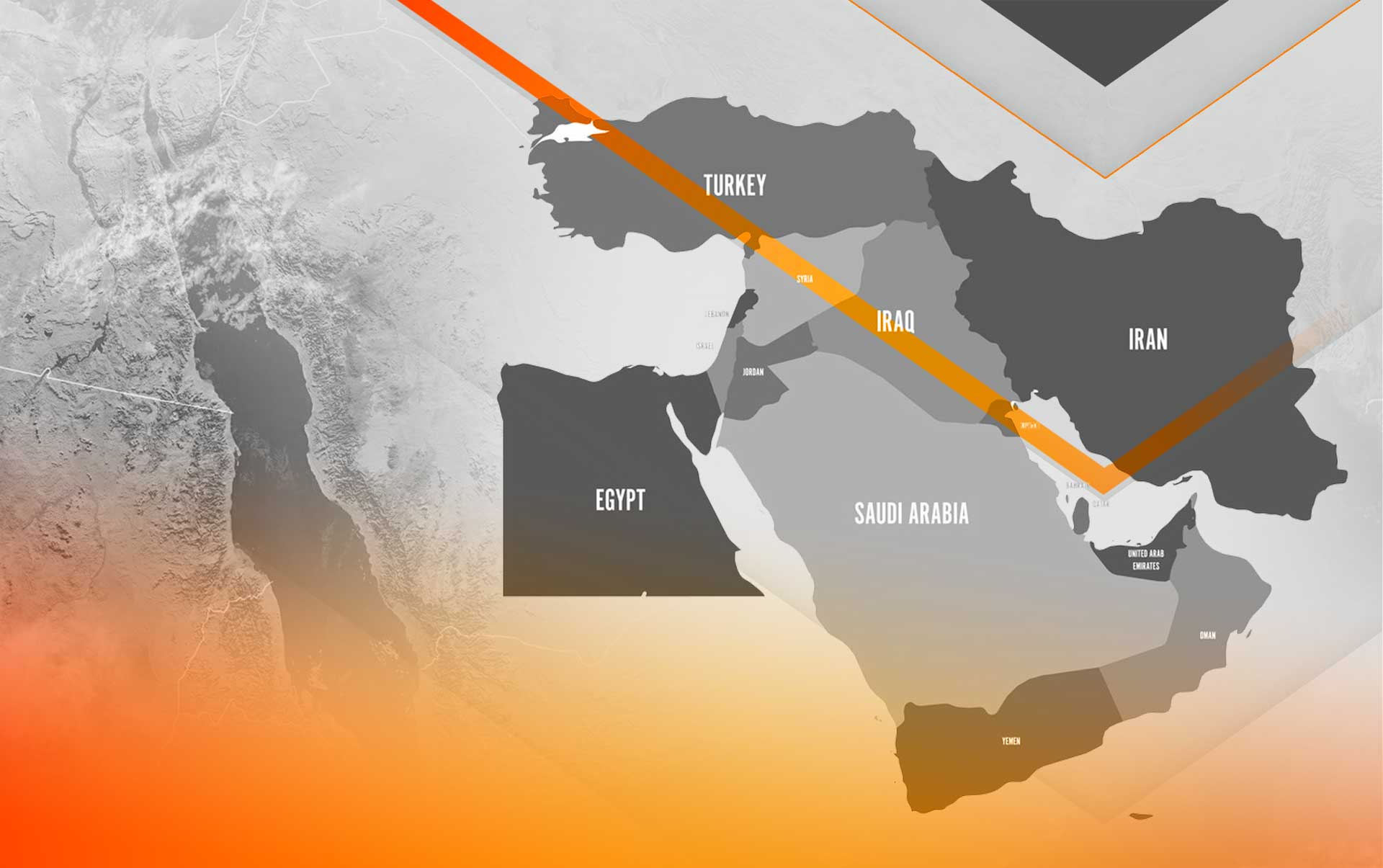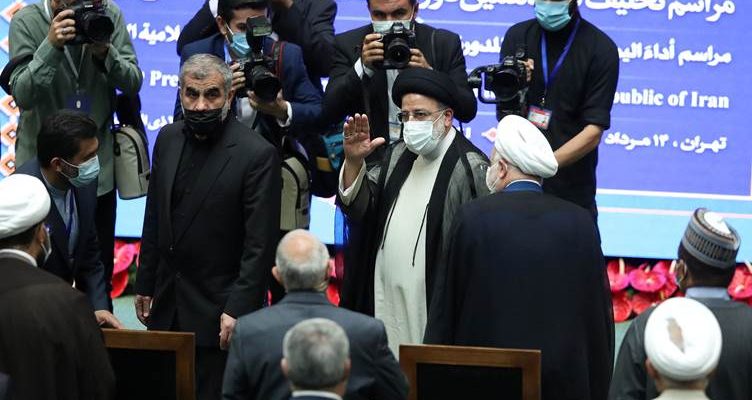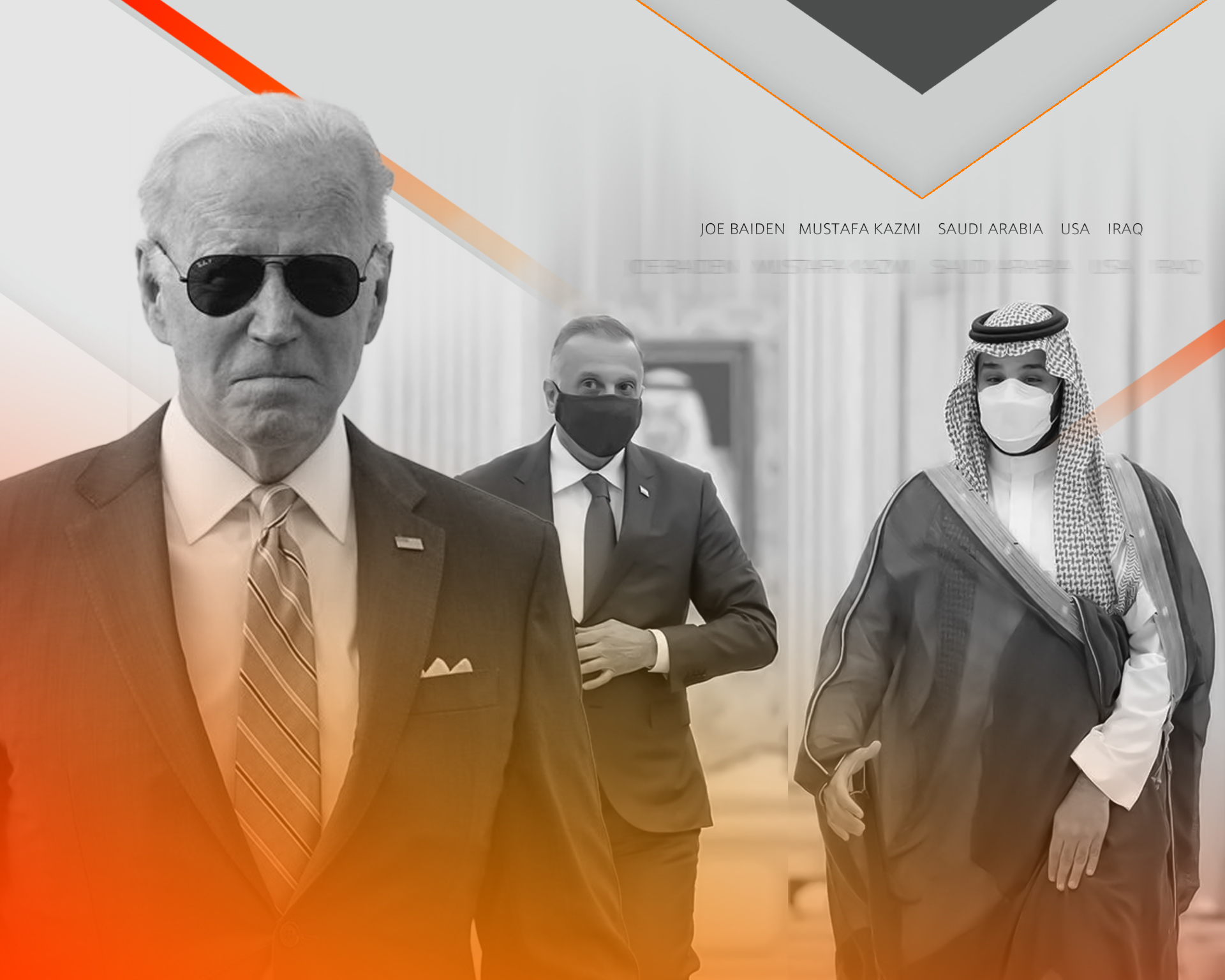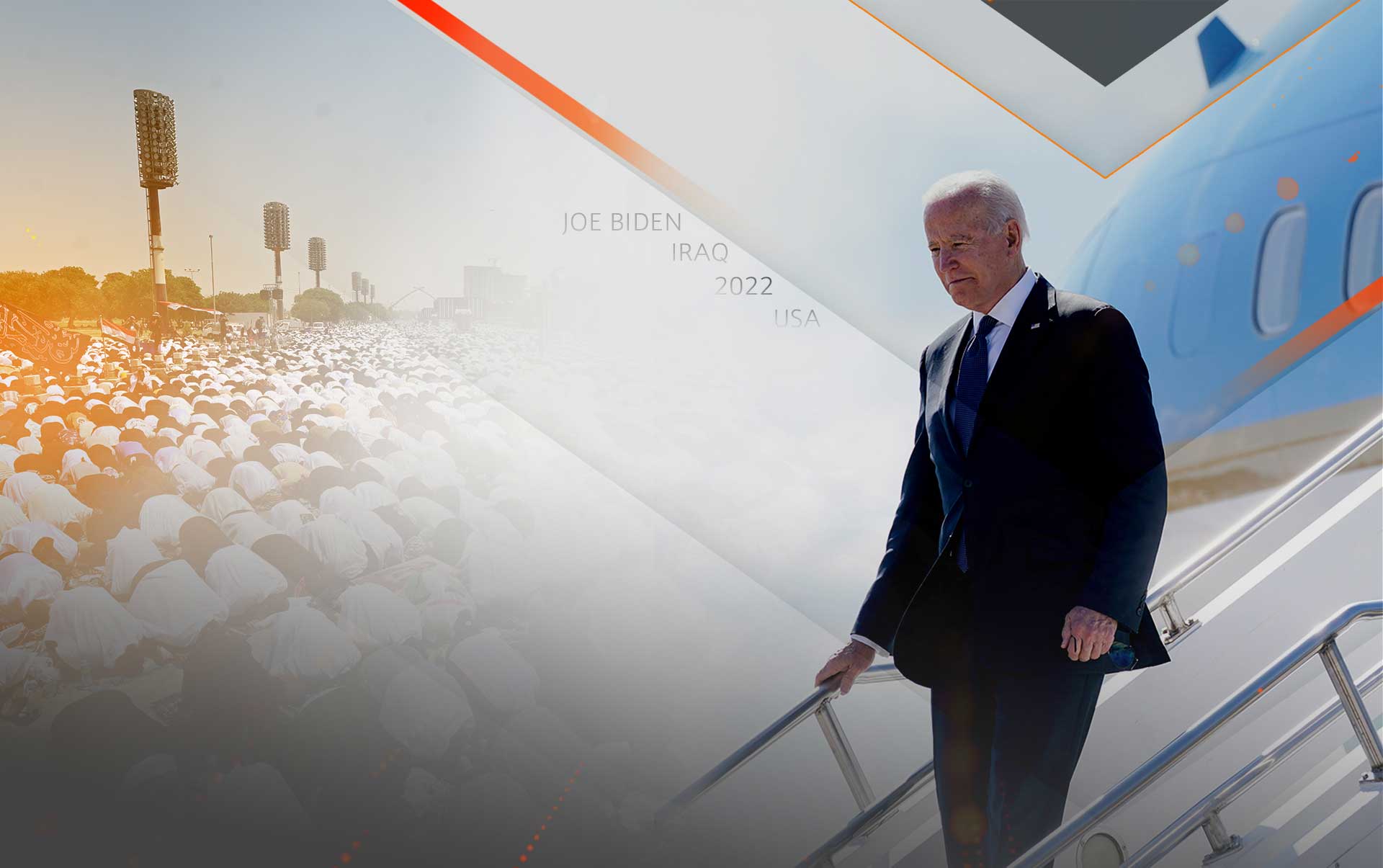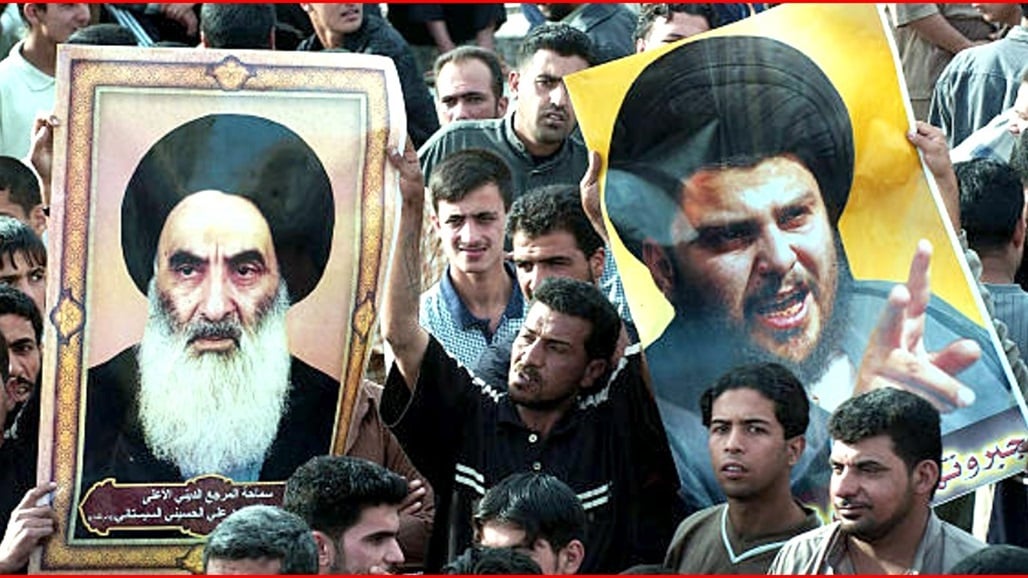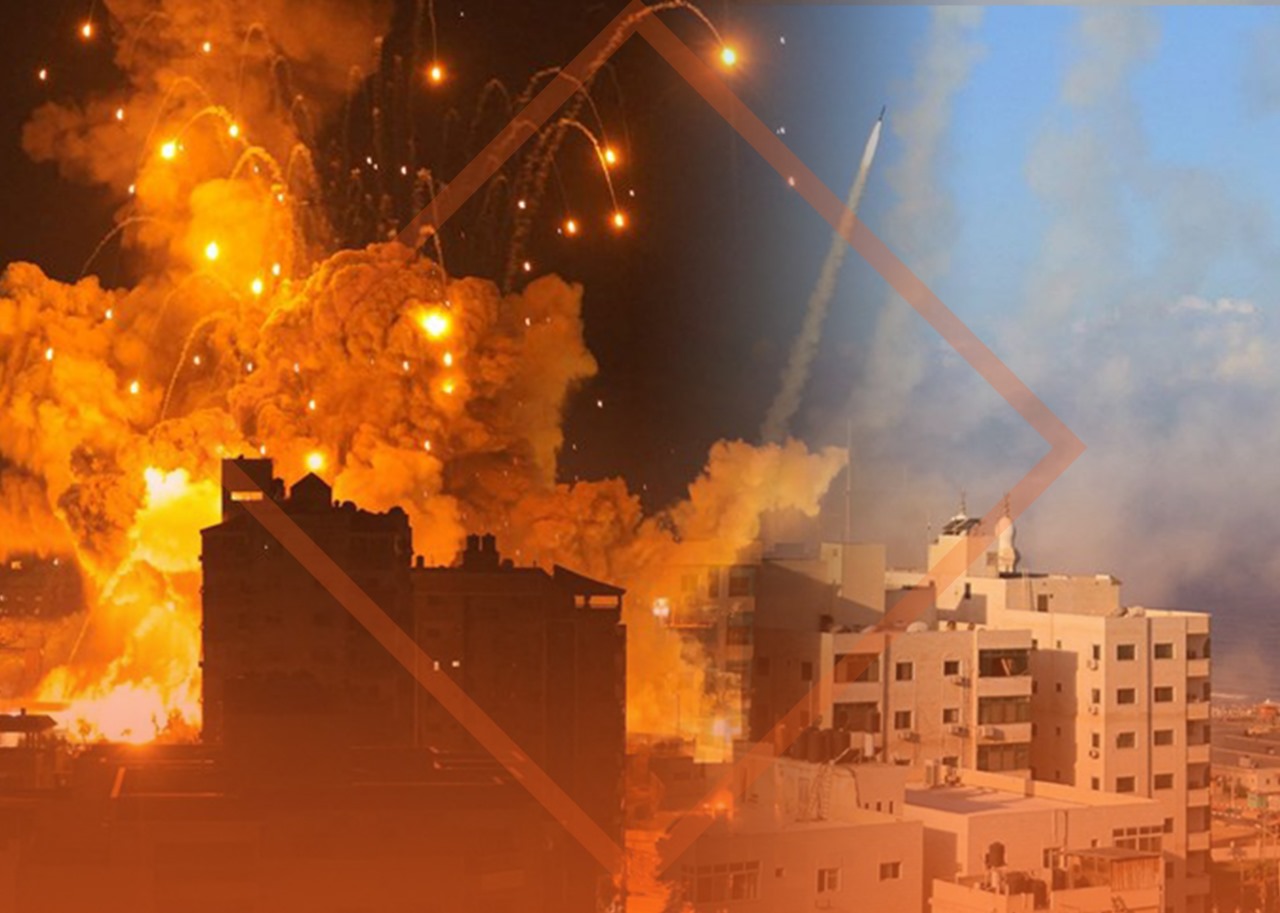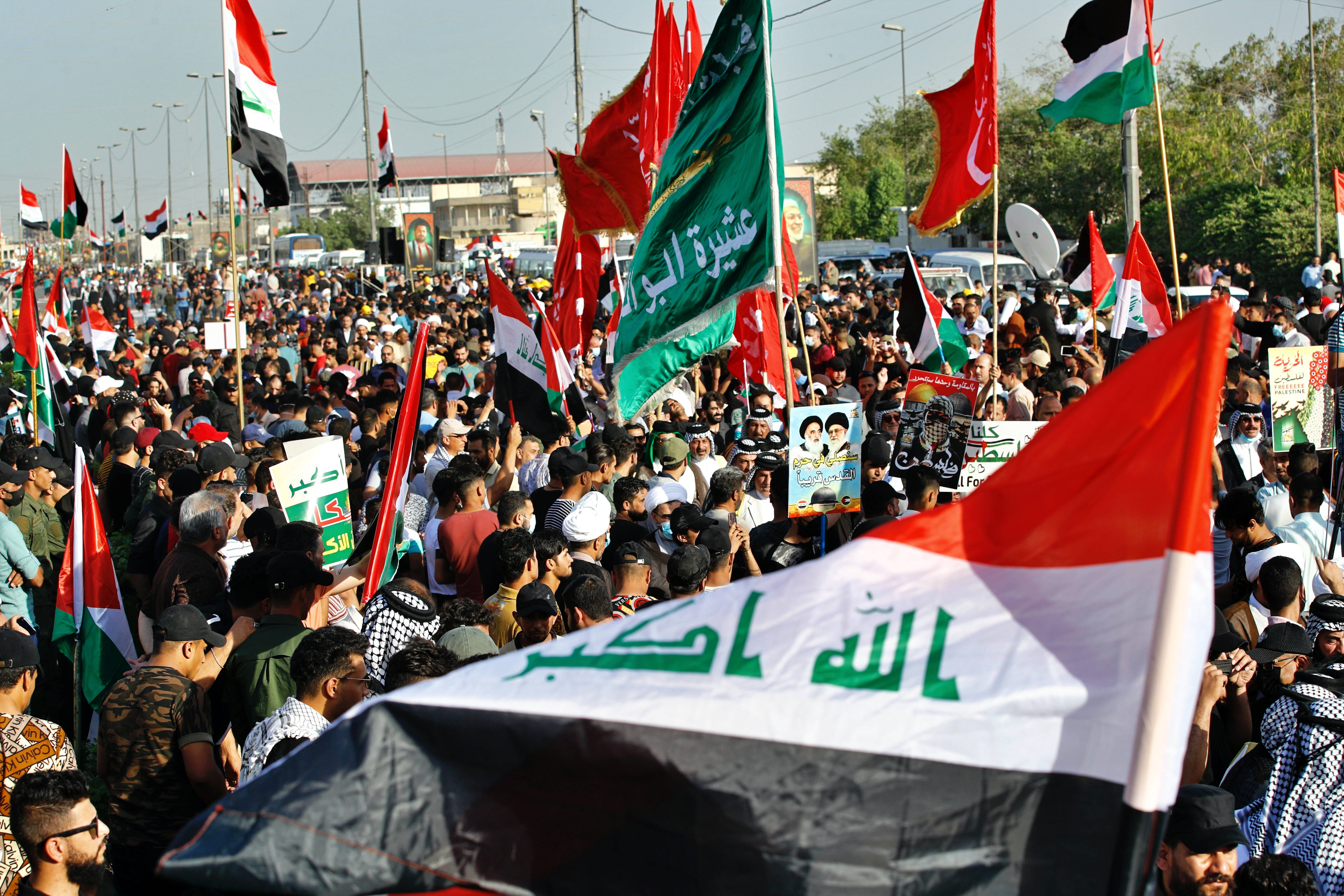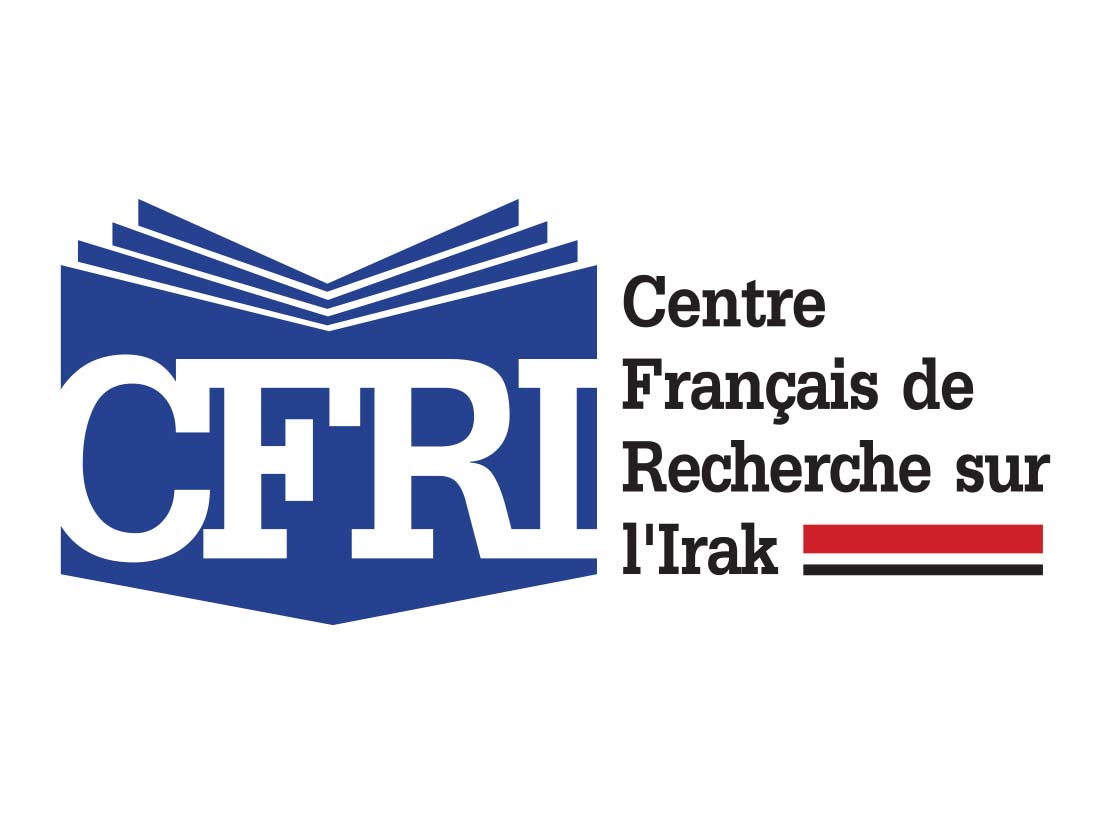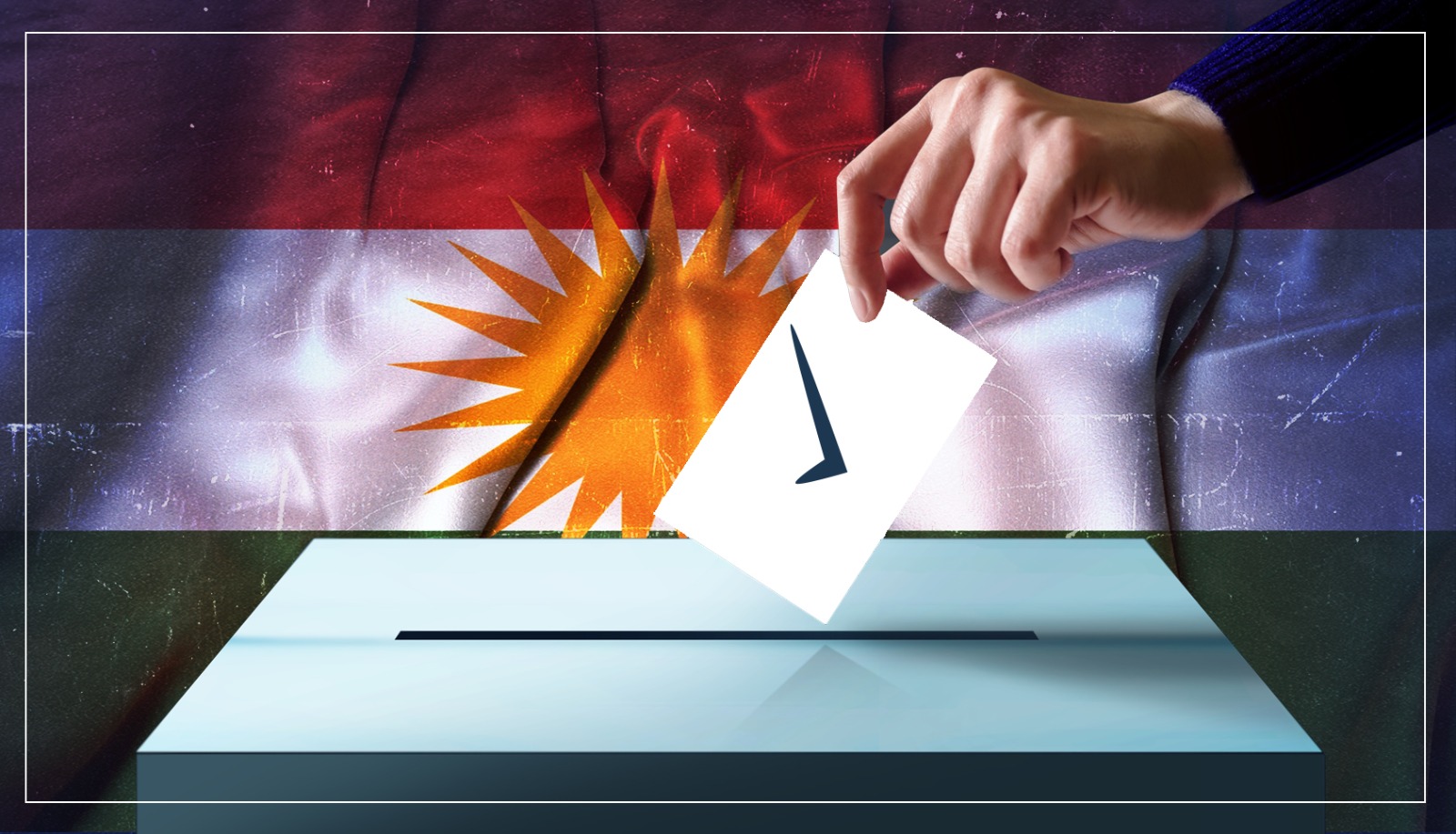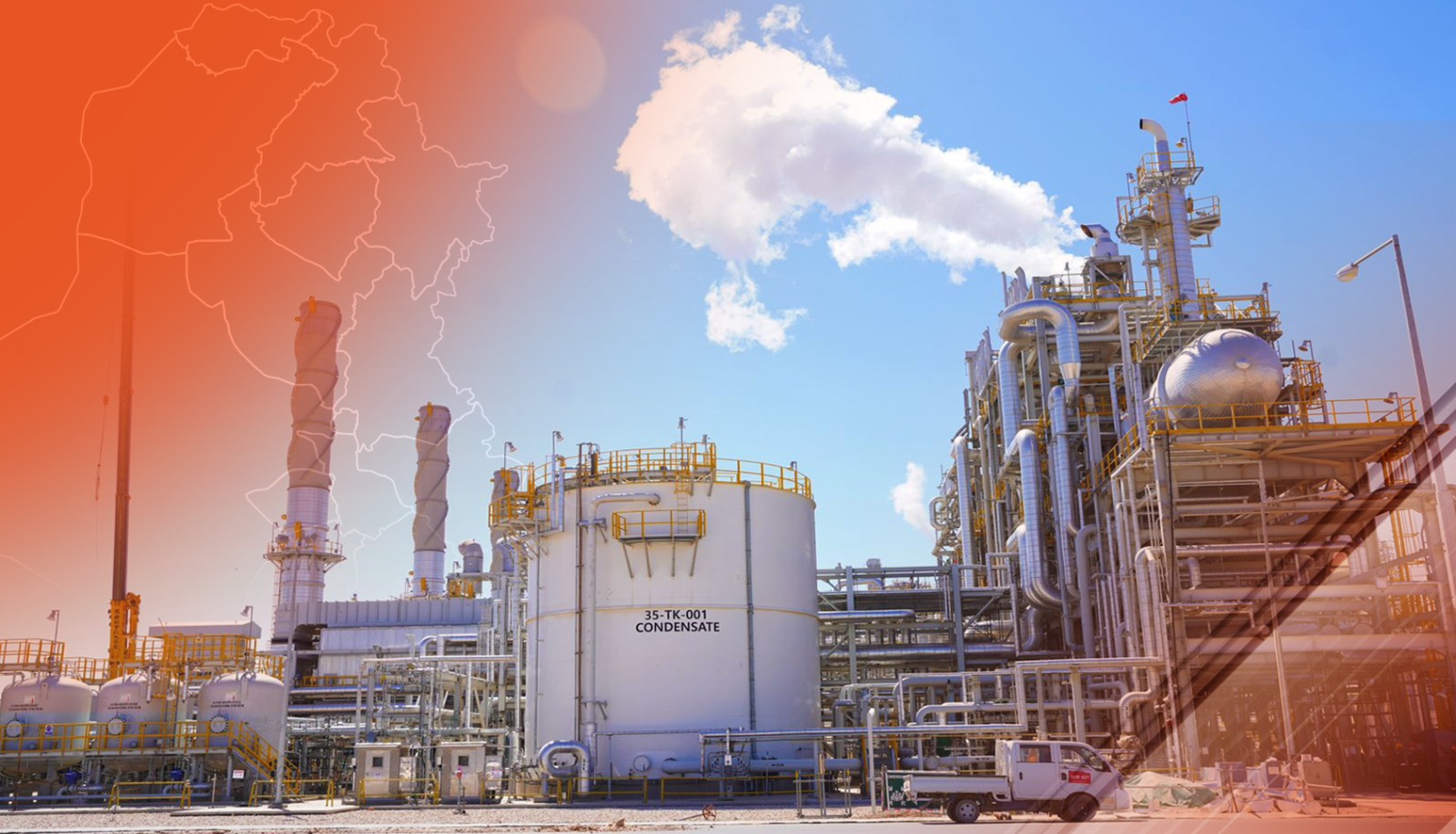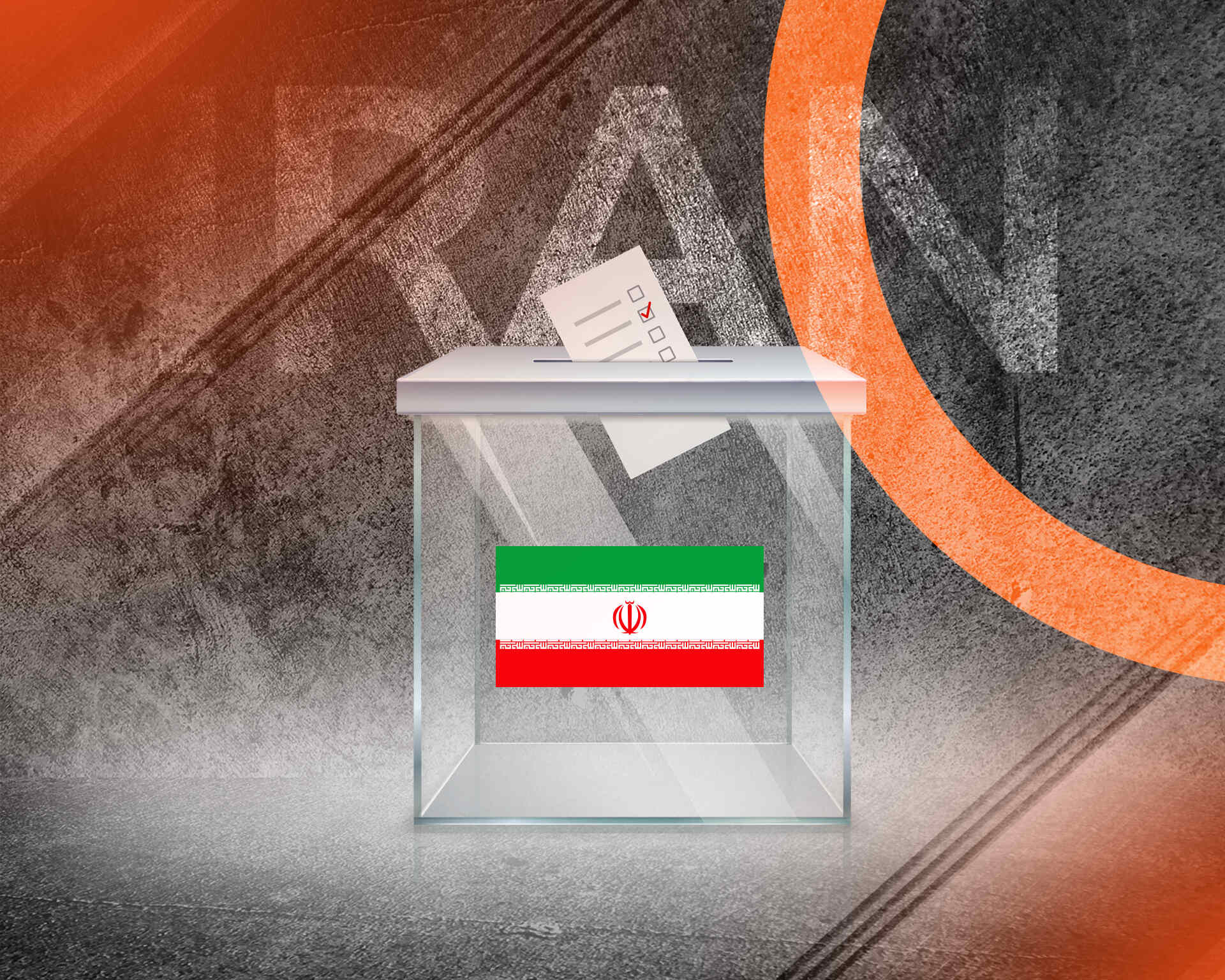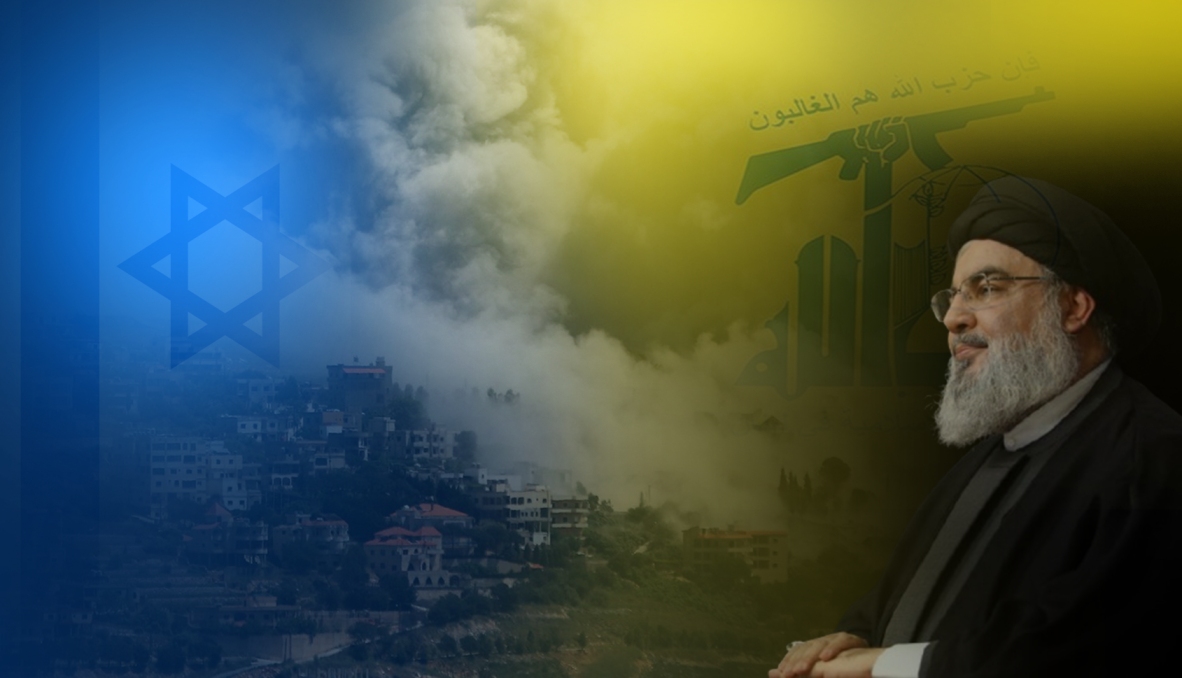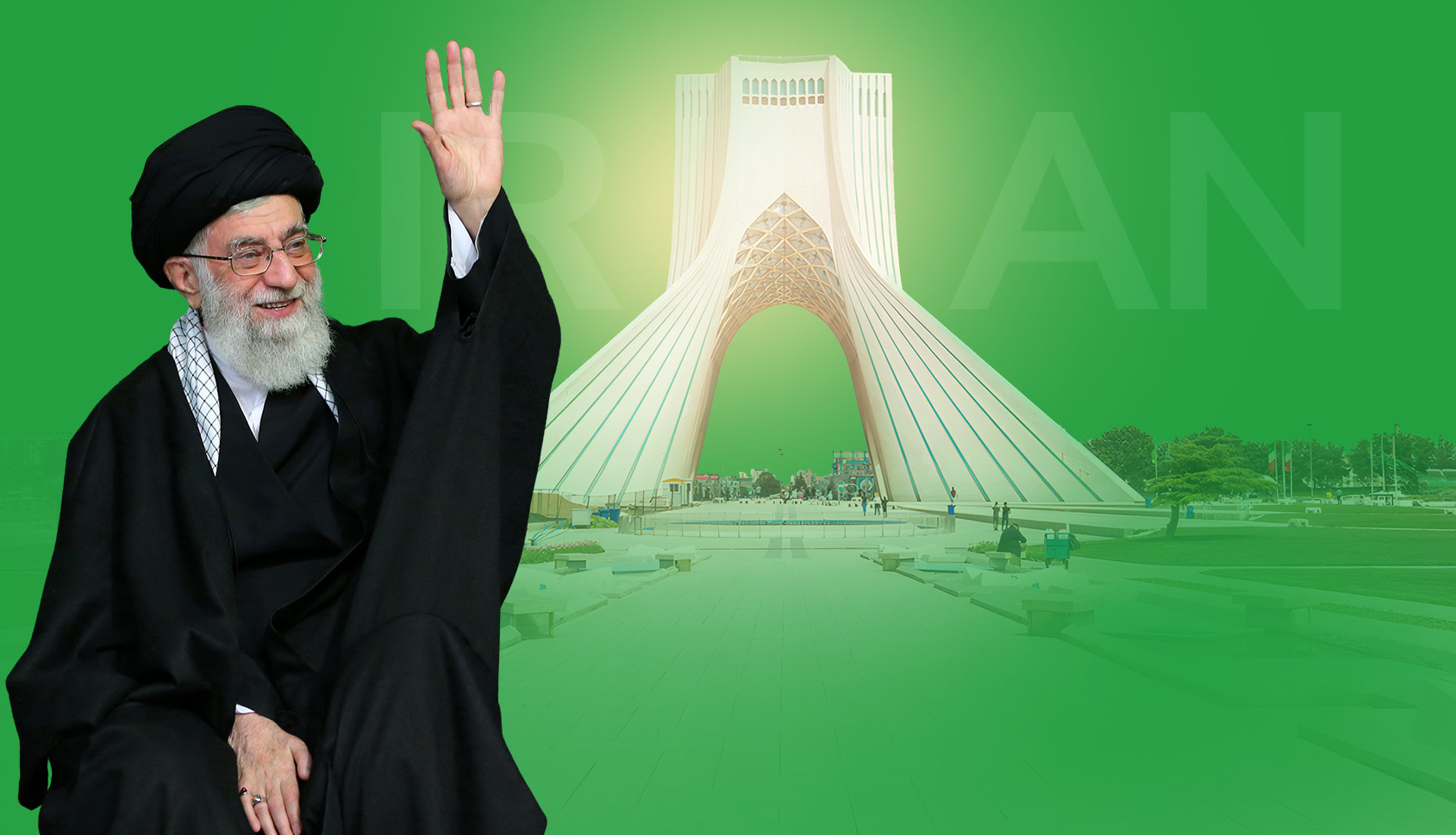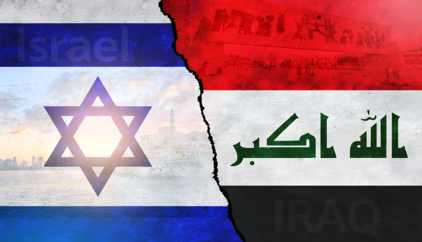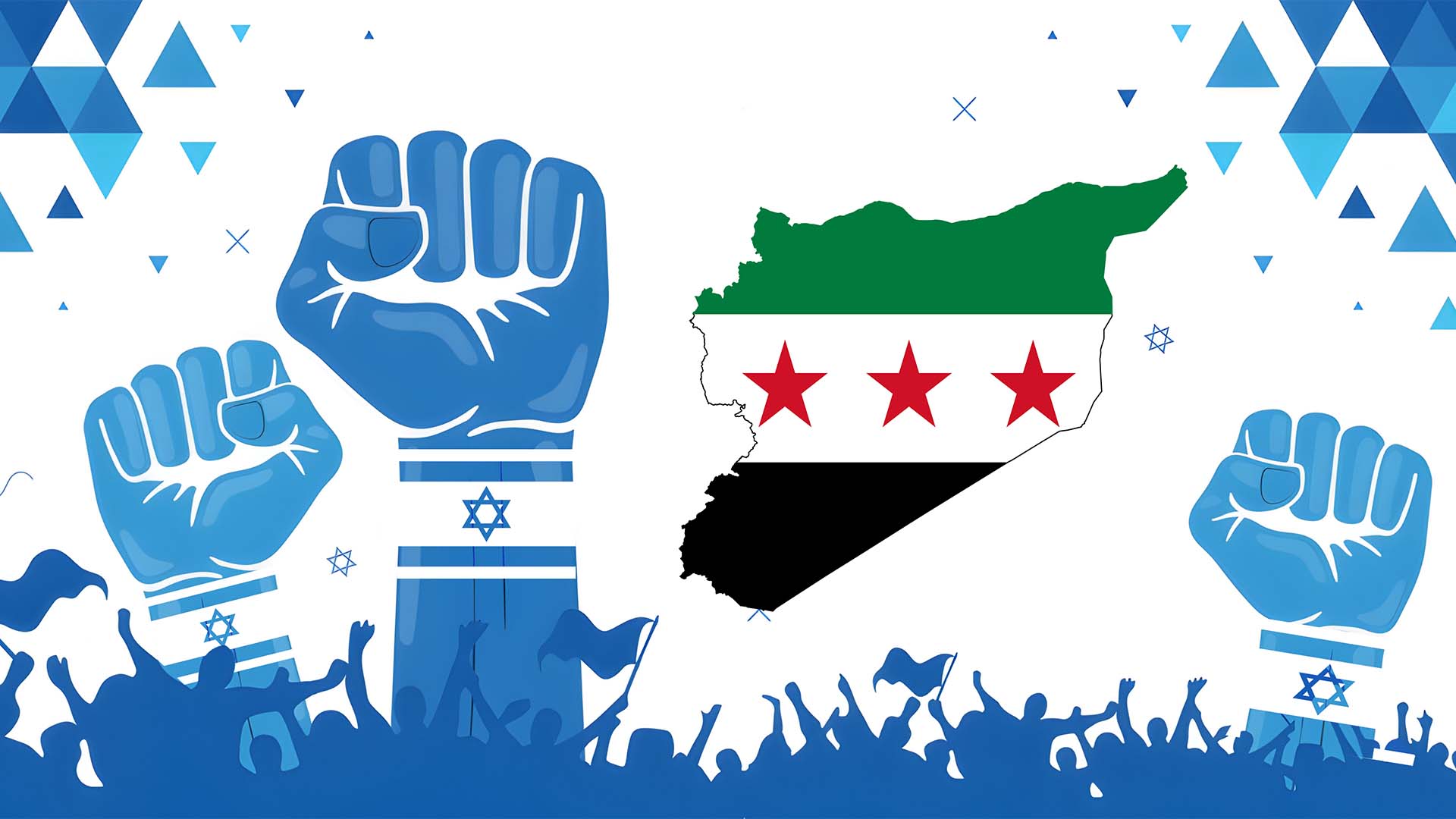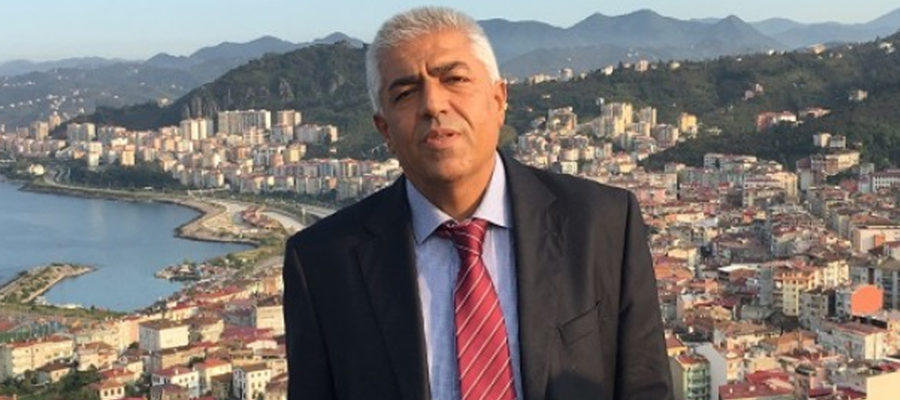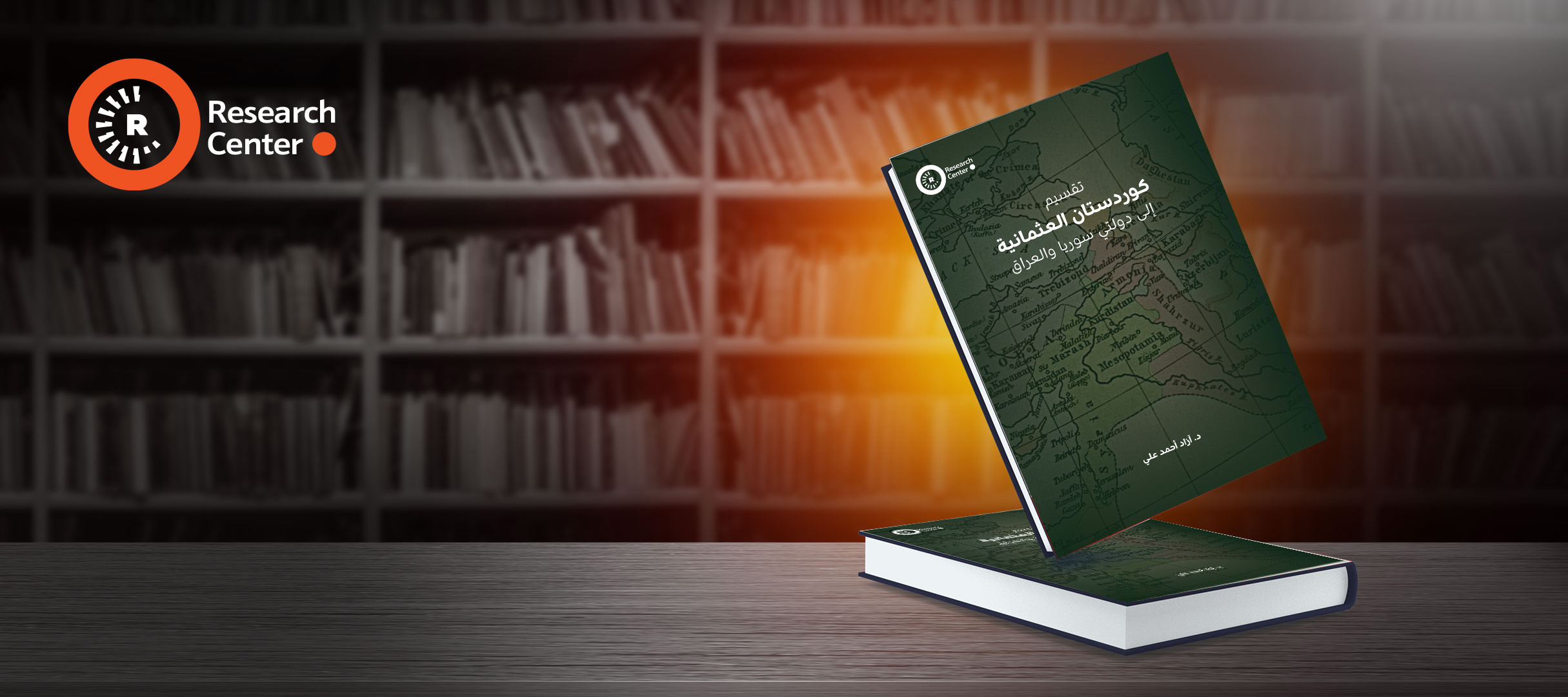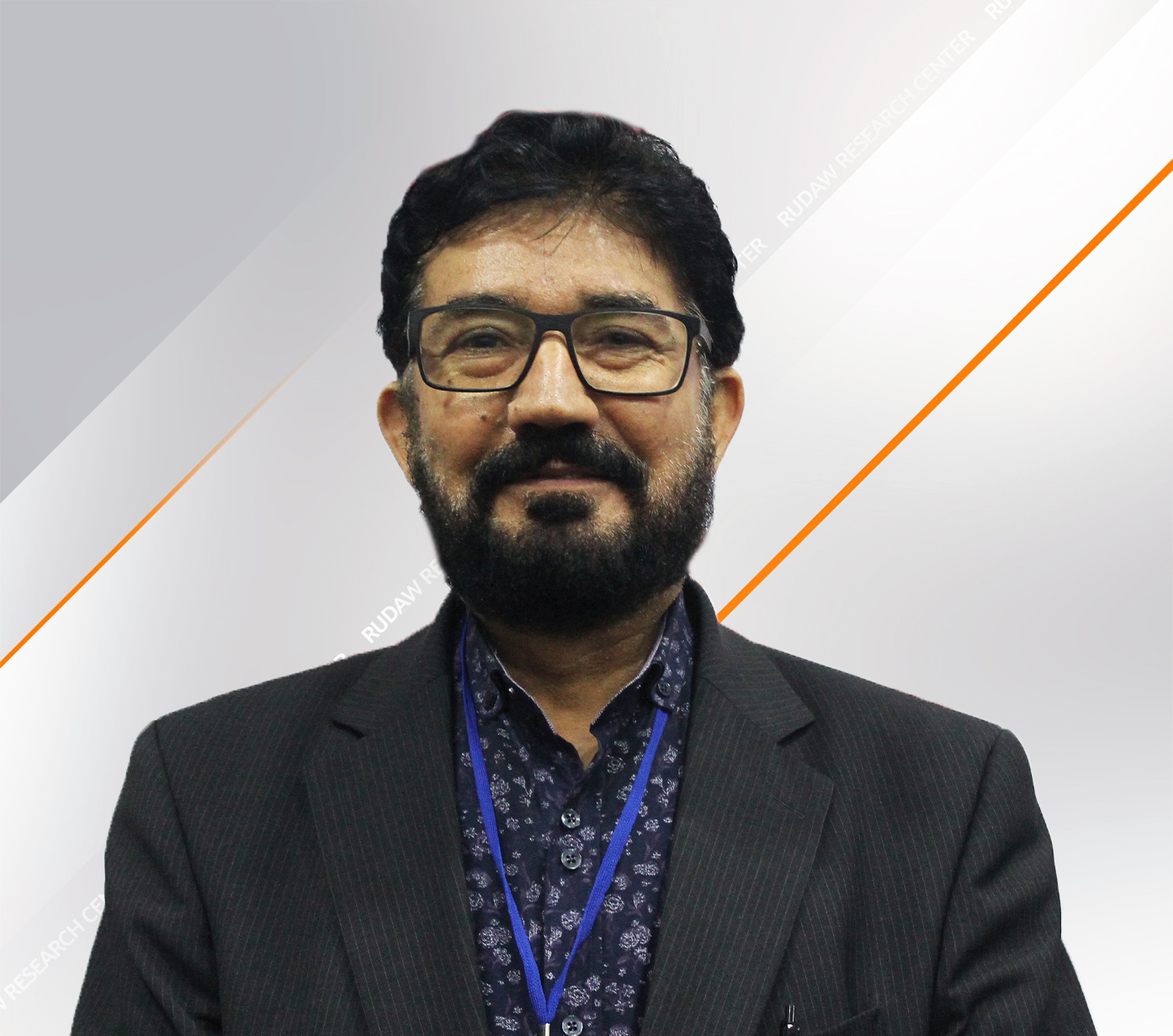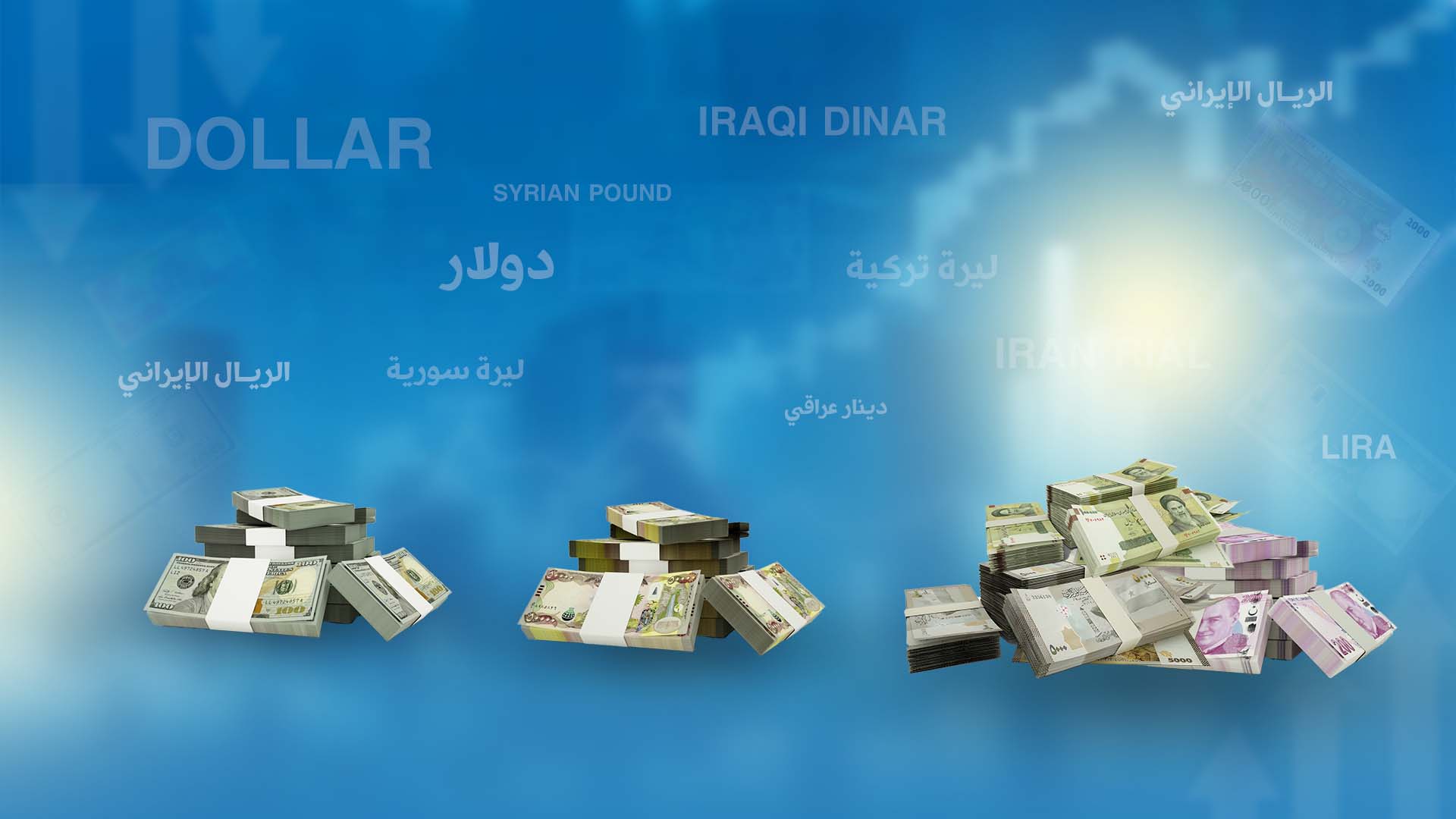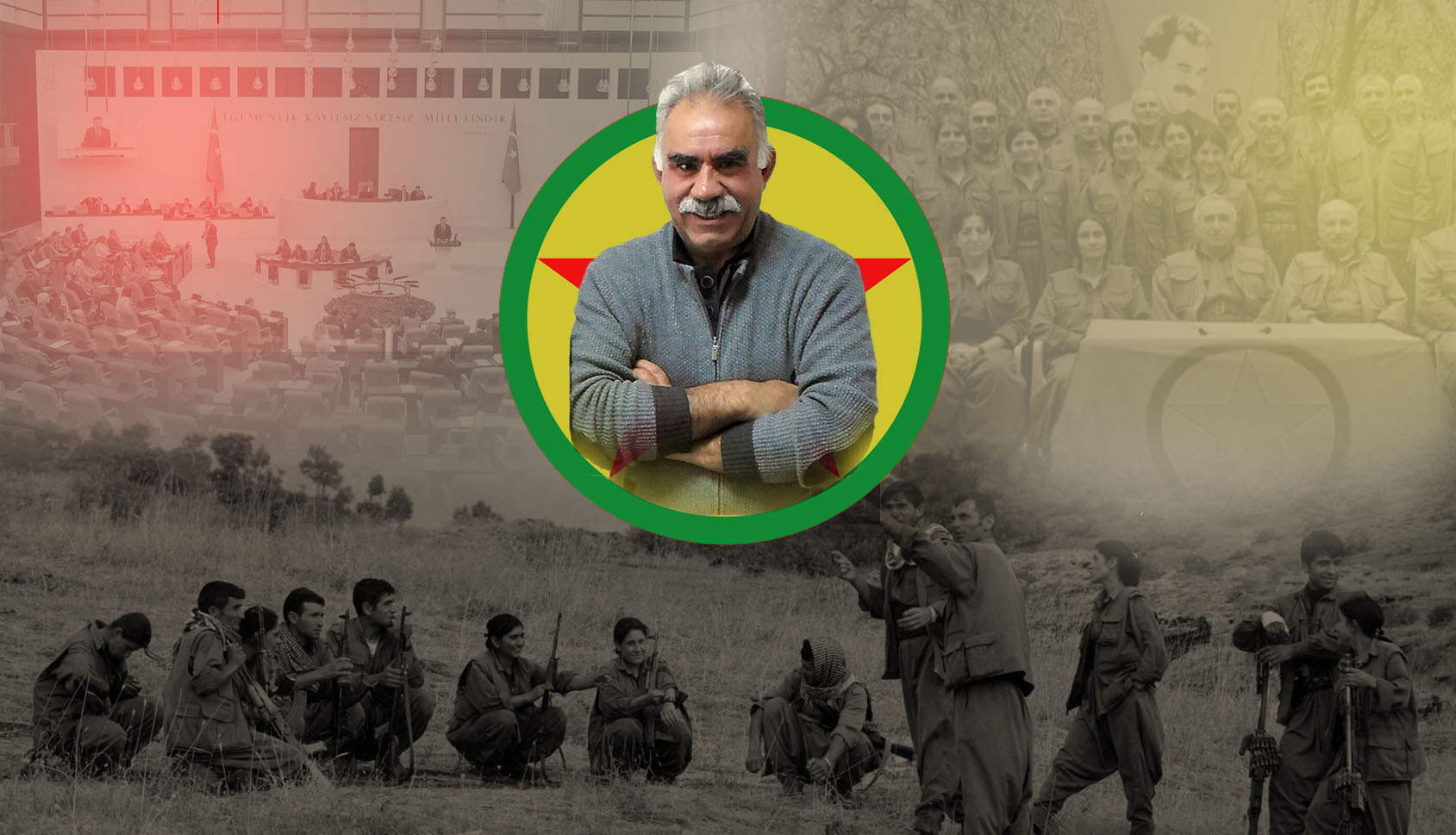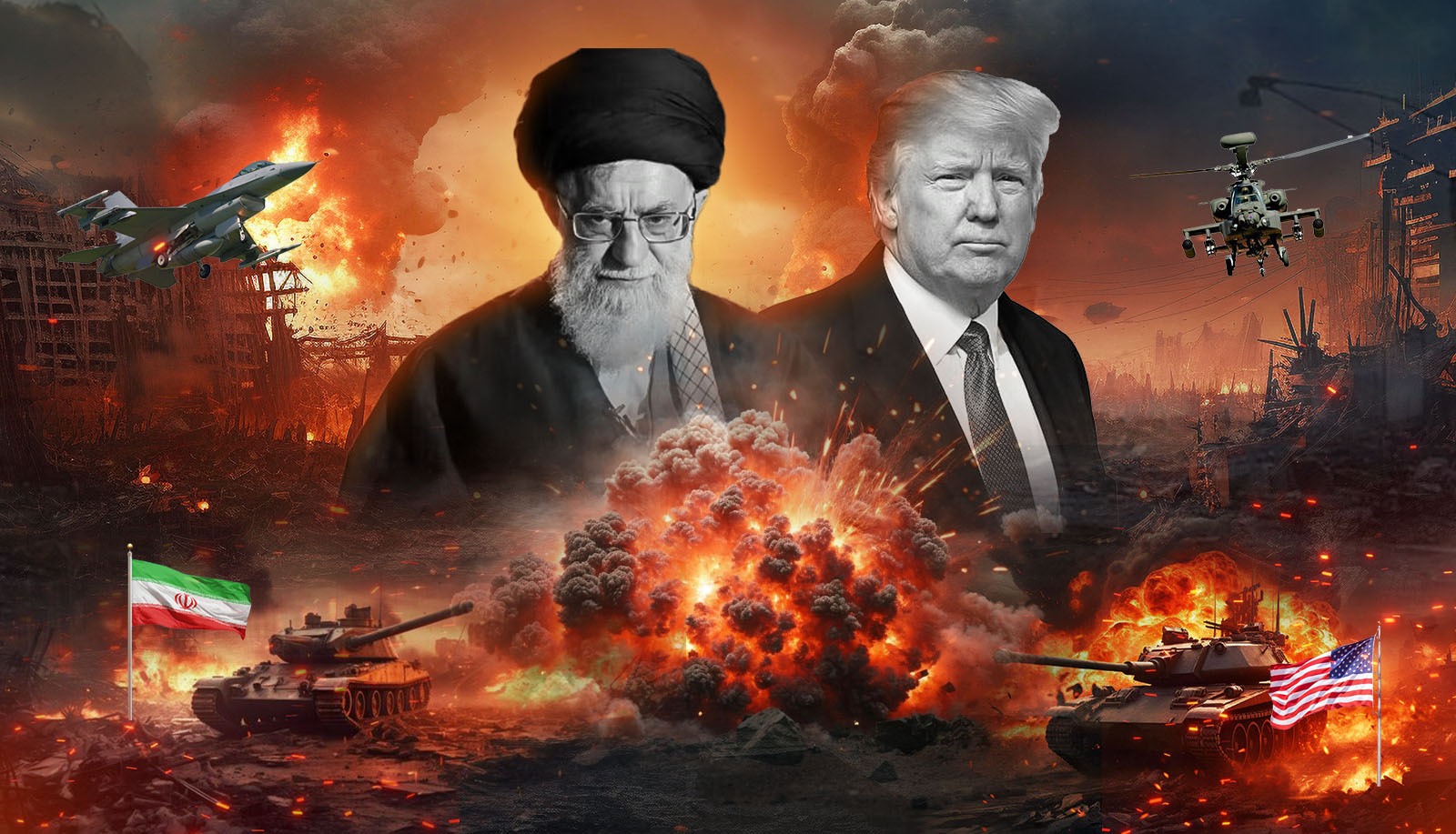This study aims to analyze the impact of sectarianism on regional order with regards to state identities and geo-political considerations in the Middle East. Primarily, roots of sectarianism will be contextualized in historical process. The Sunni/Shia divide shaped political and cultural life of societies.
Who is making Iranian foreign policy supreme leader or president? How the new president will affect US-Iran talks over nuclear program?
The Iranian parliament approved new ministers of the Iranian government last week except minister of education, this means approving 18 ministerial picks of Ebrahim Raisi. New ministers officially took office and this means end of eight years of Hassan Rohani’s cabinet. But this is not just end of moderate Rohani’s government!
A few days ago, 56th US Secretary of State Henry Kissinger told the Sunday Times about the fundamental Middle East and Asia issues that have afflicted Europe and the United States.
Al-Sadr’s prayer and Biden’s visit to the Middle East are two important events of the past days that could chart the way of forming the next Iraqi government. Al-Sadr’s prayer determined the future steps for forming the government and affected the entire political process in Iraq. While Biden’s visit and the results of this visit will affect Iran’s presence in Iraq and the region, as Iran is the closest foreign country to the coordination framework that aspires to form the new Iraqi government.
During the past two decades, Iraq has witnessed an open and hidden competition and a power struggle between Shiite forces in the post-2003 political system. The conflict, which manifested in tensions, clashes, and changes in alliances, had a direct impact on Iraq's political and security situation. Tensions have steadily risen over the last two decades.
The development and exploration of the Durra gas field was delayed each time due to a problem, but this time Saudi and Kuwaiti officials said that the matter is serious, although Iran announced its seriousness in owning the field and starting work in its name. However, the success of the strategy is any party and how to determine and how to develop the gas field and the prospects for Saudi-Iranian relations in the meantime will have an impact.
Amidst the uncertainties of the Hamas-Israel war, it is evident that the less powerful entities possess the potential to bolster their positions, highlighting that sheer strength alone is insufficient for safeguarding a state or a faction. Central to this transformation is the rapid proliferation of advanced warfare technology, empowering both state and non-state actors to engage in strategic maneuvers.
Most of Iraq’s leading political and religious figures have reacted to the Hamas-led “Al-Aqsa Flood” attack on Israel, affirming their support for the Palestinians, yet without making any concrete commitment to help the people of Gaza.
Over the next four months, four elections will impact the Kurds directly and indirectly. Recent provincial council elections in Iraq exposed internal Shiite conflicts, triggering a political crisis in Anbar and Kirkuk. The Kurdistan parliamentary elections are crucial for institutional legitimacy and shaping the political landscape. Concerns about public participation, domestic competition for leadership mechanisms, and discussions about Iran's next year's elections have left a significant mark. In Turkey, the main focus of the March 2024 elections is expected to be major city municipalities, potentially reshaping the country's political dynamics.
Expansion of Official and Unofficial Crude Oil Refineries in Iraq and the Kurdistan Region
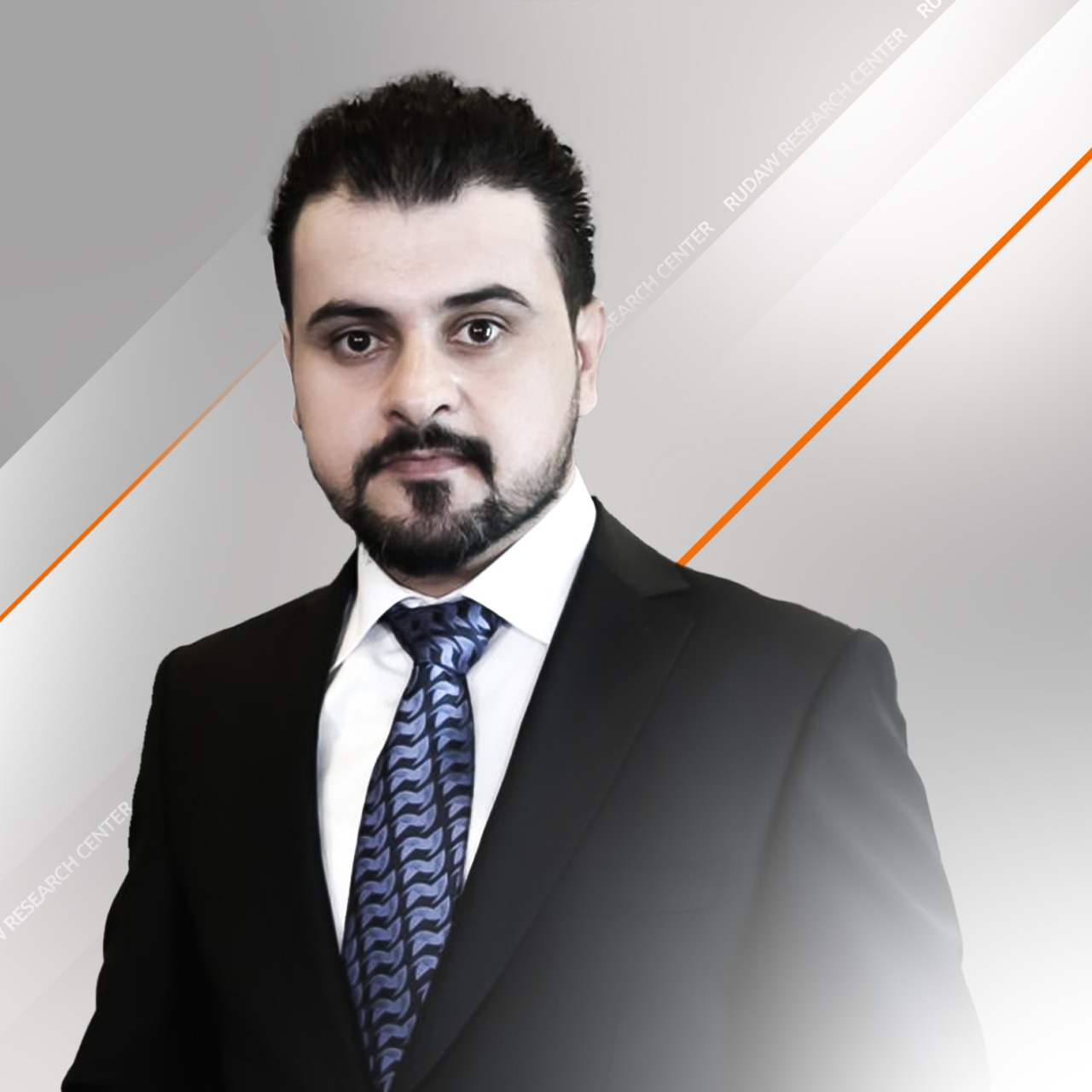
Iraq plans to increase its refinery capacity to 1.25 million barrels of crude oil in the coming years. Apart from its five official refineries, the Kurdistan Region owns dozens of small and medium-sized unofficial refineries in Erbil, Sulaimani, and Duhok provinces. Collectively, these facilities currently refine over 286,000 barrels of crude oil daily, exporting their products to domestic markets.
Europe's efforts to support the Palestinian cause are commendable. However, in reality, peace, justice, and stability in the Middle East will remain elusive without addressing the Kurdish issue. David Fromkin begins his book A Peace to End All Peace with a quote from a British officer, stating that after a war that ended all wars, they made a peace that destroyed all peace. More than a century has passed since that unresolved reconciliation, yet the problems persist. Therefore, what is needed this time is a genuine reconciliation, one that truly resolves the underlying issues.
The decision to allow a prominent reformist candidate to participate may aim to boost public engagement, marking a departure from past elections where such candidates were excluded. Internal conservative rivalries, coupled with competition from Massoud Pezeshkian, could influence voter turnout.
The Post-Nasrallah Era: Shifting the Balance of Power Between Israel and the Resistance Front
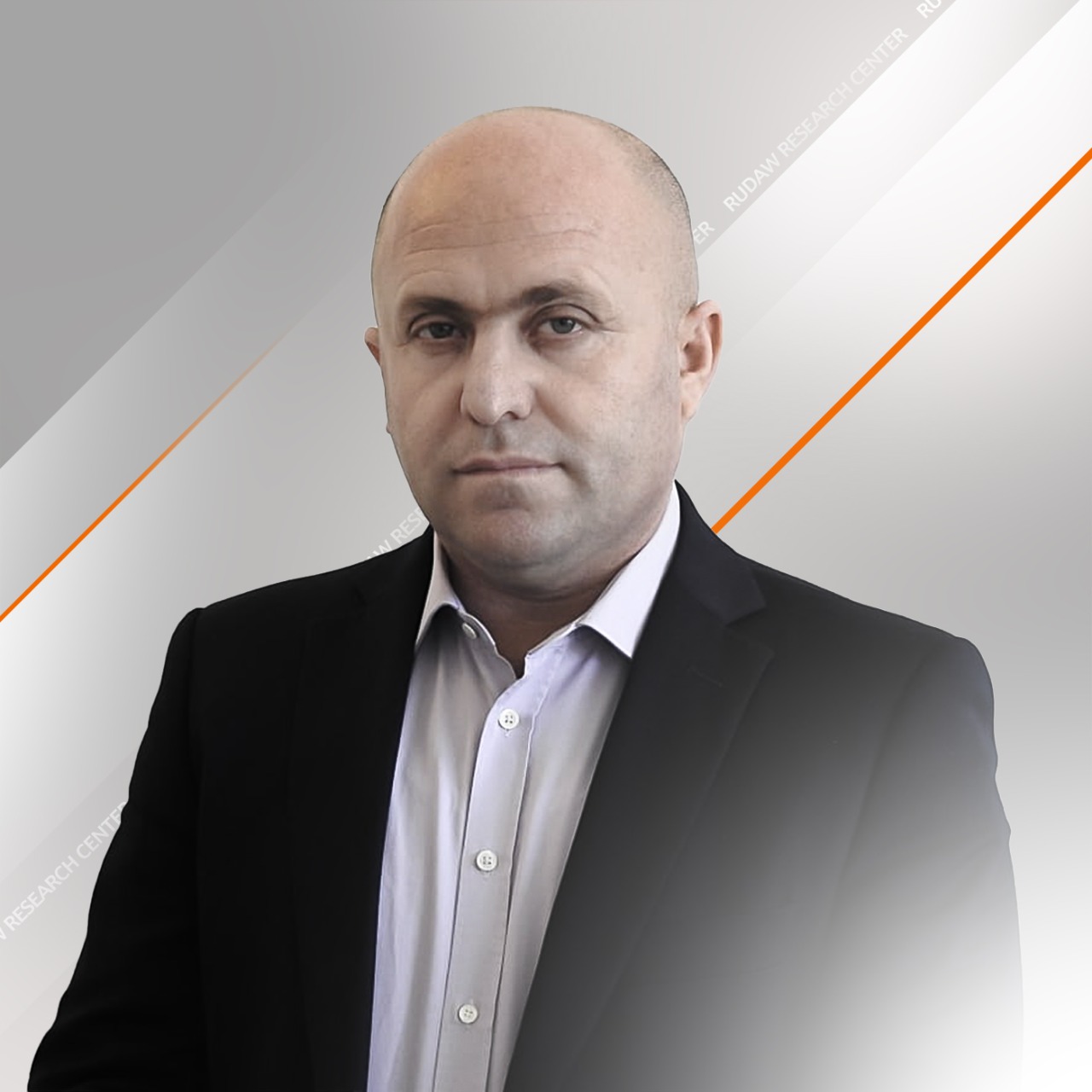
During a visit to Beijing, I found myself engrossed in a conversation with a Chinese Communist Party official, who spoke at length about his country’s distinctive development path. He drew a clear distinction between China’s approach and the historical experiences of both the Soviet Union and the West, emphasizing that China's model was built on peace and cooperation, not war or aggression. I had many questions about his speech, but I reflected on how closely this echoed Iran’s slogan, “Neither East nor West,” my thoughts were suddenly interrupted by breaking news on my phone: the assassination of Hassan Nasrallah. Despite being over 7,000 kilometers from Beirut, the weight of the news was undeniable.
The Case of Iran’s Supreme Leader’s Successor Amid Tensions with Israel
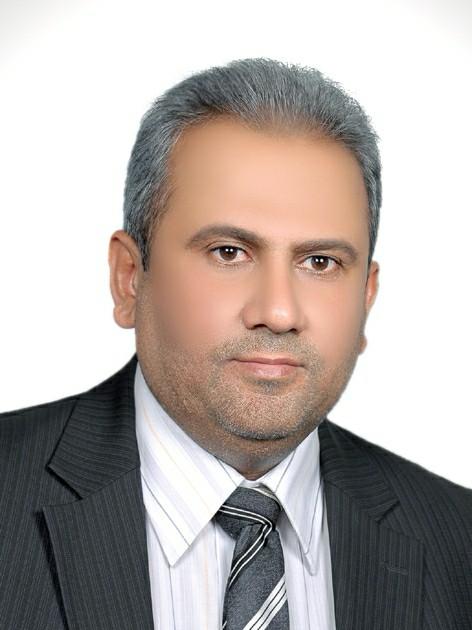
The unique relationship between Iran and Iraq ensures that any significant political shift in Iran will have a direct impact on Iraq's political landscape. Under Article 110 of the Iranian Constitution, the Supreme Leader wields absolute authority over all internal and external state functions. Consequently, any transition in this role will significantly influence Iraq's political dynamics and processes.
The possibility of an Israeli attack on at least six Iraqi armed groups has become a prominent topic following a letter from Israeli Foreign Minister to the UN Security Council President, Barbara Woodward. The pressing question now is whether Israel will proceed with an attack. Israel has asserted its right to retaliate due to the escalation and increased frequency of attacks by Islamic Resistance groups in Iraq. This comes at a time when war is the last thing the Iraqi Prime Minister wants. With less than a year to the next elections, he is focused on advancing significant economic and political projects, all while aiming to secure his position in office. In 2024, despite various challenges and external influences, he managed to declare an informal ceasefire between the United States and Iraqi armed groups and found a moderate resolution to the contentious issue of U.S. troop presence. Regarding the tensions between Israel and Islamic Resistance groups, the Prime Minister has, at the very least, managed to publicly distance the groups involved in his government from these conflicts. This raises another crucial question: why has Israel chosen this particular moment to bring its complaint to the international stage?
Frankly, while I and many others did not expect significant resistance from areas with a predominantly Sunni population, I anticipated fierce resistance along the coastal strip of Damascus and Homs, where the Alawite population is dense. This was because I thought the Alawite, Christian, and Druze communities, knowing that radical jihadist groups would not grant them the right to live, would resist more fiercely than anyone else. Furthermore, the coastal region held strategic importance for Russia. Since 2015, Russia, which has played a decisive role in the Syrian civil war, has a naval base in Tartus on the coastal strip and an airbase slightly further north in Hmeimim. However, contrary to expectations, neither Russia nor Assad’s forces showed any resistance, and the entire country fell into the hands of HTS and its allies within a few days.
The Rudaw Research Center's latest publication, "The Division of Ottoman Kurdistan Between Two States: Syria and Iraq," was released in 2023. This comprehensive work, composed of five sections, explores the division of Ottoman Kurdistan and its historical implications.
The causes of depreciation in neighboring currencies vary. The decline of the Iranian rial is attributed to external factors, including US and European sanctions. The Turkish lira's depreciation stems from a growing fiscal deficit, budget imbalances, and political stances taken by the AKP in response to regional developments. Meanwhile, the collapse of the Syrian pound can be traced to ongoing war, instability, economic sanctions, and uncertainty surrounding the emerging Jolani-led state. Why does the Iraqi currency fluctuate daily in the market, consistently trading at over 20,000 dinars above the Central Bank's official rate for every $100?
These days, many parties are placing their bets on a potential message from Abdullah Öcalan regarding the PKK's disarmament—an announcement that is reportedly imminent and could be released in the coming days. If confirmed, this could mark a turning point in the 40-year conflict between the PKK and Turkey. However, achieving immediate disarmament remains a significant challenge. In its latest statement, the PKK has signaled a willingness to support Öcalan’s decision, declaring, “We will change ourselves.” At the same time, it cautioned that the process will not happen overnight. While this development could serve as a starting point for disarmament, Turkey's complex internal and external dynamics make the path forward both possible and highly challenging. The question of disarmament—or the PKK’s continued existence—has the potential to reshape political and military balances far beyond Turkey, influencing the broader West Asian region. In the wake of the October 7 events and Bashar al-Assad’s declining grip on power, the region is undergoing a fundamental transformation. As a result, this issue cannot be viewed solely as Turkey’s internal affair.
Many countries around the world have expressed their positions on the possibility of a war between Iran and the United States, indicating that the world sees it as more than just a war of words. Iranian Supreme Leader Ali Khamenei has stated that he does not believe attacks from abroad will occur, but that Iran will respond strongly if they do. Militarily, this suggests that Iran has prepared for war, just as the United States is deploying aircraft and weapons to its military bases and allies in the Middle East. Alongside Iranian officials, the resistance front has intensified its rhetoric against the United States, and some Iraqi officials have warned that any potential conflict would draw them in and devastate the region.

